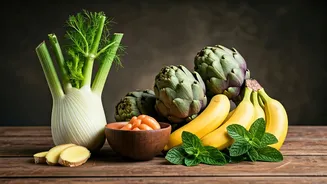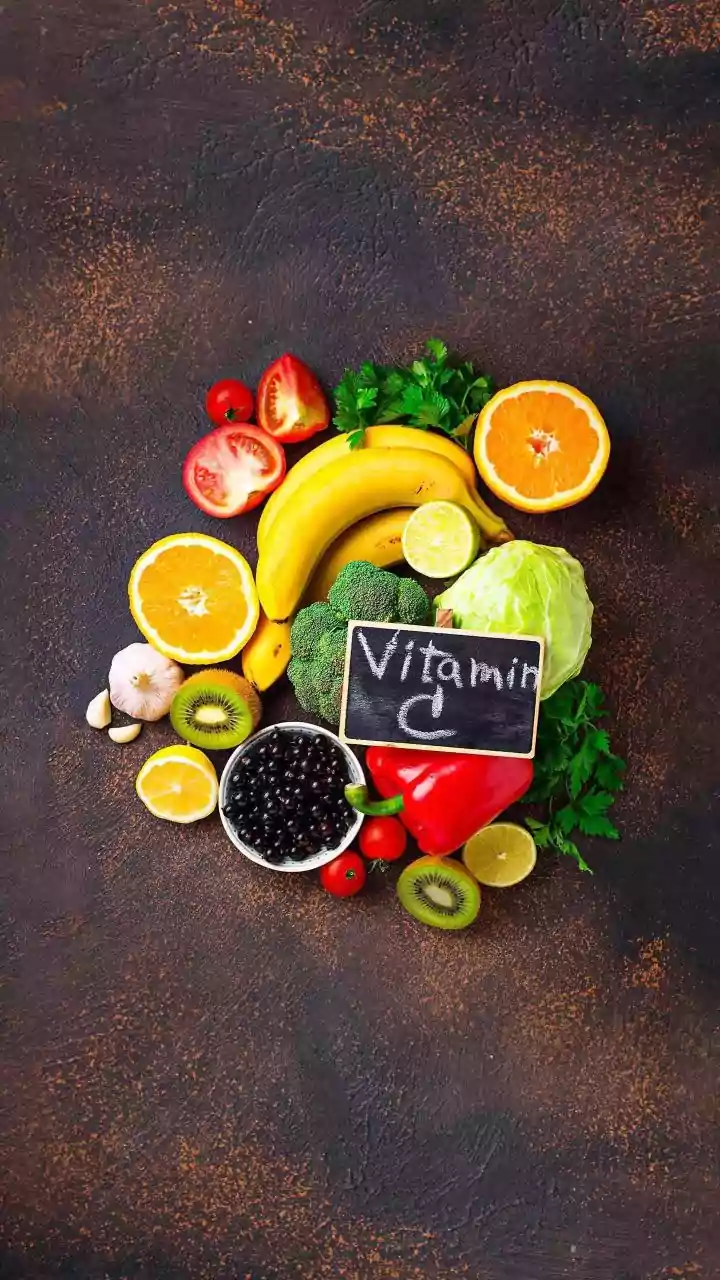Understanding Bloating Issues
Bloating and gas are frequent digestive problems, leading to discomfort and unease. Several factors contribute to these issues, encompassing diet, lifestyle,
and underlying health conditions. Certain foods produce excess gas during digestion, resulting in a bloated sensation. Rapid eating, swallowing air while eating, and carbonated beverages can worsen the situation. Moreover, food intolerances, such as lactose or gluten sensitivity, can trigger bloating. Constipation and gut dysbiosis, where there is an imbalance in gut bacteria, also contribute. Stress and hormonal changes might affect the digestive process, potentially resulting in bloating. To address the issue, dietary adjustments, lifestyle changes, and sometimes medical intervention are required. Identifying the particular triggers and adopting a balanced approach aids in efficiently managing and reducing bloating symptoms.
Peppermint: A Natural Remedy
Peppermint emerges as a natural remedy for bloating and gas due to its capacity to ease digestive discomfort. Peppermint contains menthol, which has anti-spasmodic properties. This helps to relax the muscles in the digestive tract, reducing spasms that cause bloating. Peppermint also increases the flow of bile, helping to digest fats, which lessens the risk of gas formation. Peppermint tea or peppermint oil capsules are common methods of intake, with the oil often used to treat Irritable Bowel Syndrome (IBS) symptoms. Nevertheless, excessive consumption might cause heartburn in some individuals. It's best to start with small quantities and observe the body's reaction. Consulting a healthcare professional is crucial if you have pre-existing health issues or are taking medication.
Ginger's Digestive Benefits
Ginger stands out as a powerful remedy to combat bloating and gas. Its effectiveness stems from its anti-inflammatory and anti-oxidant properties. Ginger aids in digestion by accelerating gastric emptying, which in turn reduces the likelihood of food lingering in the stomach and creating gas. Gingerol, a key compound in ginger, also helps to relax the intestinal muscles, thus reducing spasms and discomfort. Furthermore, ginger stimulates the production of digestive enzymes, which promotes more effective food breakdown. Ginger can be incorporated into your diet in many forms such as ginger tea, adding fresh ginger to meals, or taking ginger supplements. For people with digestive troubles, integrating ginger into a daily diet can deliver significant relief from bloating, ensuring a more comfortable digestive experience.
Fennel Seeds for Relief
Fennel seeds are valued as a traditional solution for bloating and gas relief, thanks to their carminative properties. These seeds are able to help to minimize gas formation in the gut by relaxing the intestinal muscles and aiding digestion. They contain anethole, a compound known for its anti-spasmodic effects, which eases digestive discomfort and bloating. Fennel seeds also assist in stimulating bile production, which is essential for digesting fats and prevents gas build-up. Fennel seeds can be chewed directly, consumed in teas, or incorporated into meals. Chewing fennel seeds after a meal can also aid digestion and keep the breath fresh. Regular use of fennel seeds may contribute to a healthier gut and less frequent instances of bloating. However, moderation is essential, and people should consult with a healthcare professional, particularly if using other medications.
Chamomile's Soothing Effect
Chamomile is often used to alleviate bloating and gas due to its relaxing and anti-inflammatory properties. The flowers contain compounds that have a calming impact on the digestive system, soothing irritated tissues, and easing muscle spasms in the gut. Chamomile reduces inflammation within the digestive tract, thus lowering bloating and discomfort. It can help to break down gas bubbles and promote the flow of gas, and can also assist in relaxing the muscles of the intestines, facilitating smoother digestion and waste passage. Typically, chamomile is consumed as a tea, and its calming qualities are also helpful for managing stress, which can aggravate digestive issues. For people seeking a natural way to mitigate bloating and gas, chamomile tea provides a pleasant and beneficial solution.
Turmeric’s Anti-Inflammatory Power
Turmeric is widely recognized for its potent anti-inflammatory qualities, making it a valuable tool in reducing bloating and gas. Curcumin, the active compound in turmeric, lowers inflammation in the gut and supports a healthy digestive environment. Turmeric assists in bile production and secretion, aiding in the digestion of fats and decreasing gas formation. It can also help to soothe the digestive tract and reduce the instances of spasms contributing to bloating. It can be added to the diet by including turmeric in meals or by taking turmeric supplements. It’s also important to consume turmeric with black pepper to boost curcumin absorption. Turmeric promotes overall digestive health, hence its use can provide a natural strategy for minimizing bloating and improving the comfort of digestion.
Papaya's Digestive Enzymes
Papaya is great for easing bloating and gas, due to its richness in digestive enzymes, primarily papain. Papain aids in breaking down proteins, which facilitates smoother digestion and reduces the risk of gas and bloating caused by incomplete digestion. Papaya also has fiber, which promotes regular bowel motions, preventing constipation. Consuming papaya can reduce the discomfort associated with bloating and gas. It can be eaten raw, or incorporated into smoothies and salads. Papaya can be especially helpful after a large meal, providing relief and supporting the digestion process. Adding papaya to your diet is a delicious and effective method for improving gut health and minimizing bloating.
Pineapple and Bromelain
Pineapple stands out as a natural remedy for reducing bloating and gas, thanks to its content of bromelain. Bromelain, an enzyme found in pineapple, has anti-inflammatory properties, reducing swelling in the digestive tract and aiding in protein digestion. By assisting in the breakdown of proteins, bromelain reduces the likelihood of undigested food in the gut, which often results in gas and bloating. Pineapple also has fiber, which aids in digestion and helps to regulate bowel motions. Consuming pineapple, either fresh or as part of a meal, provides a natural method for reducing bloating and improving digestive health. The enzyme bromelain makes it an effective choice, assisting the body's natural digestive processes.
Probiotic-Rich Foods to Help
Probiotic-rich foods are valuable for tackling bloating and gas by promoting a healthy gut microbiome. Probiotics are live bacteria that support the balance of good bacteria in the gut, which helps to improve digestion and reduce the production of gas. Foods such as yogurt, kefir, sauerkraut, kimchi, and kombucha are natural sources of probiotics. These foods aid in the digestion of nutrients, preventing undigested food from becoming food for gas-producing bacteria. Regular intake of probiotic-rich foods can enhance gut health, decreasing bloating and enhancing overall digestive comfort. It is important to select a variety of sources to give a wide variety of beneficial bacteria to the gut. The inclusion of these foods in your diet can contribute to a more balanced and gas-free digestive system.
Bananas: A Helpful Choice
Bananas are a great choice for managing bloating and gas because they are high in potassium and soluble fiber. Potassium aids in controlling fluid balance in the body, which can decrease bloating caused by water retention. The soluble fiber in bananas helps regulate bowel motions and prevents constipation, a common cause of bloating. Bananas have prebiotics, which function as food for beneficial gut bacteria, contributing to a healthier digestive system. Consuming bananas is a simple way to get relief from bloating and gas, especially after consuming foods high in salt or processed foods that might cause water retention. Including bananas in your daily diet can improve digestion and assist in keeping a healthy gut, contributing to a more comfortable and less bloated experience.



















